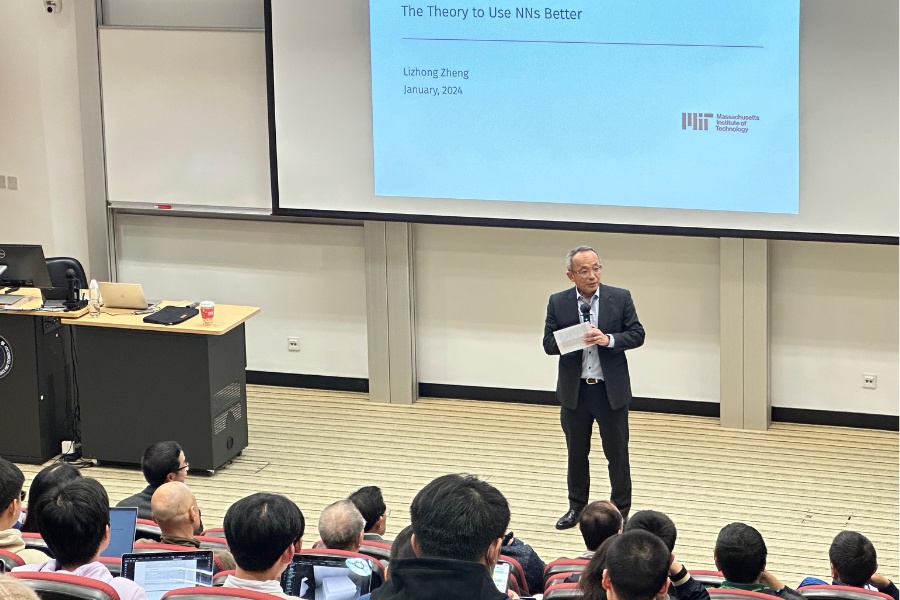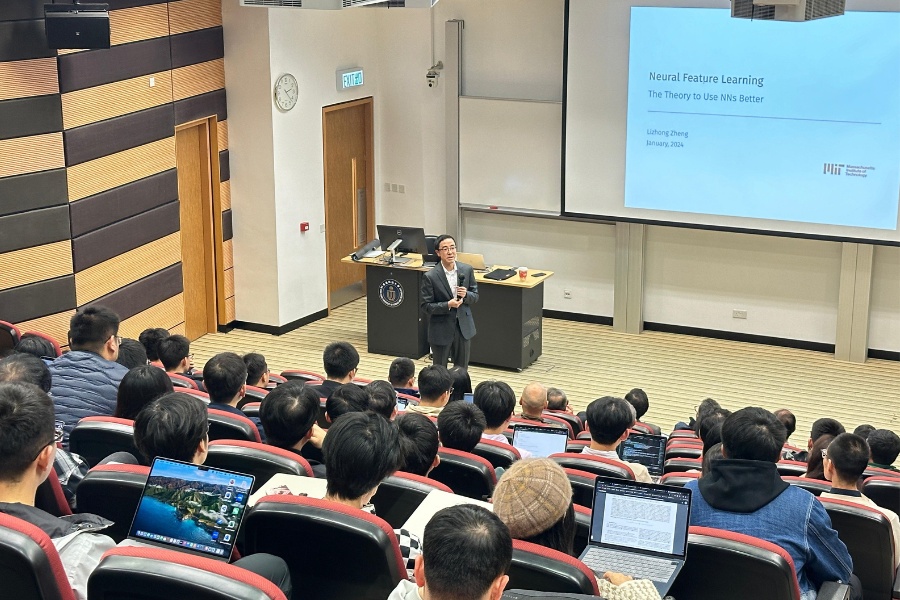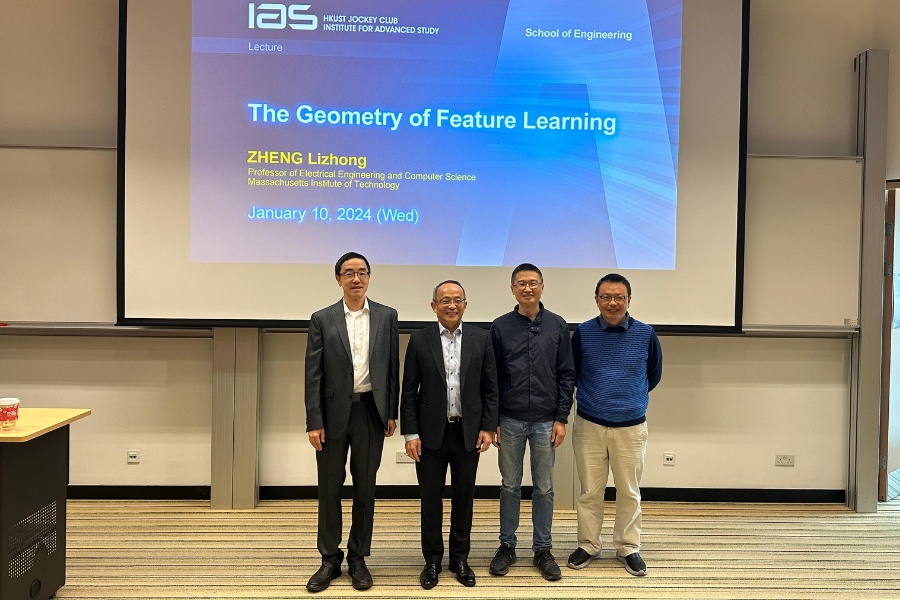The Geometry of Feature Learning
Abstract
In this presentation, the speaker will share their latest advancements in using information theory to analyze and design deep neural networks (DNNs). He and his research group explore the necessity of this theoretical approach, their anticipated outcomes, and the gaps in the traditional theoretical framework. They present a novel geometric approach to feature learning that helps measure the training process and outcomes of DNNs at a semantic level. Additionally, they introduce new neural network architectures derived from this geometric analysis, with increased flexibility and effectiveness for complex applications. This is the first of a two-part talk series where the speaker focuses on introducing the theoretical formulation. The general approach from his work helps to design efficient neural network architectures that can utilize domain knowledge, structural constraints, side information, and system parameters in a specific application. Their overall goal is to devise a systematic strategy for designing DNN units that can seamlessly integrate into existing large engineering systems. Some examples will be discussed in detail in the second part of this talk (info).
About the Speaker
Prof. ZHENG Lizhong received his BS and MS degrees, in 1994 and 1997 respectively, from the Department of Electronic Engineering at Tsinghua University. He then obtained his PhD in 2002 from the Department of Electrical Engineering and Computer Sciences at the University of California, Berkeley. Since 2002, he has been working at Massachusetts Institute of Technology (MIT), where he is currently a Professor in the Department of Electrical Engineering and Computer Science.
Prof. Zheng’s research interests include information theory, statistical inference, communications, and networks theory. He served as an Associate Editor for IEEE Transactions on Information Theory, and the general Co-chair for the IEEE International Symposium on Information Theory in 2012.
Prof. Zheng is the recipient of the 2002 Eli Jury Award from the University of California, Berkeley, the 2003 IEEE Information Theory Society Paper Award, the 2004 National Science Foundation (NSF) CAREER Award, and the 2007 Air Force Office of Scientific Research (AFOSR) Young Investigator Award. He was named an IEEE Fellow in 2016.
For Attendees' Attention
Seating is on a first come, first served basis.






